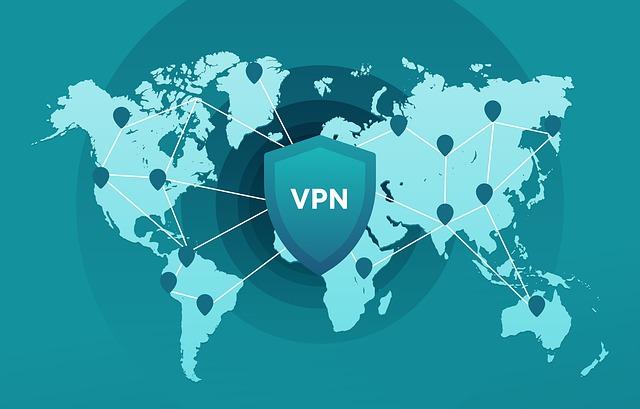OpenVPN is the most used VPN protocol around the world due to its flexibility and reliability. It has been around for two decades and is the industry-standard VPN protocol as it provides a good balance of speed and security. However, there’s a new protocol in town. Launched in 2018, WireGuard is faster, modern, and utilizes the latest encryption technologies, making it a worthy alternative to OpenVPN. It was initially released for the Linux kernel and now has support for a handful of other major devices as well. The protocol is already regarded as the next big thing in the VPN industry as it offers cutting-edge cryptography and lightning-fast speeds. Fewer lines of code and a simpler setup process are some other reasons why WireGuard is increasing in popularity.
Now that you know more about OpenVPN and WireGuard, take a look at our comparison to see how these protocols perform in various categories:
Speed
No other VPN protocol can deliver the consistently fast speeds that WireGuard can give you. The protocol’s throughput handily beats other protocols by some distance. It also connects more quickly (in approximately 100 milliseconds), and sudden/random disconnects are less frequent than OpenVPN.
OpenVPN isn’t as fast as WireGuard and takes longer to establish a connection with a server (as long as 8 seconds). While the protocol doesn’t deliver the fastest speeds, it certainly isn’t the slowest either. It can’t keep up with leaner protocols such as WireGuard because its architecture is a tad more robust.
Encryption
Unlike OpenVPN, WireGuard uses one set of protocols and ciphers, including ChaCha20, Poly1305, Curve25519, BLAKE2s, and SipHash25. This reduces the complexity of the code and attack surface that hackers can exploit. There’s no possibility of downgrade attacks, either.
OpenVPN is flexible as it can run various protocols and ciphers via the OpenSSL library like AES, DES, RSA, and SHA-1. However, this agility also brings with it increased complexity, a broad attack surface for hackers, and vulnerability to downgrade attacks.
Security
OpenVPN is secure as long as it’s appropriately configured. There are no known security vulnerabilities associated with this protocol. What’s more, the code has been audited several times and is backed by many security experts.
There are no known security flaws in WireGuard, too. The protocol is very secure and uses newer and faster cryptographic primitives. Most importantly, if a hole is found in any cipher or algorithm, all endpoints are forced to update to a new version, ensuring no one uses the compromised code.
Privacy
OpenVPN doesn’t store any personally identifiable information on users, such as their Internet Protocol (IP) addresses. If you use the protocol in conjunction with a true no-log VPN service, rest assured that your privacy will stay protected from prying eyes.
There are some privacy concerns with using WireGuard, though. The protocol’s Cryptokey Routing algorithm stores users’ IP addresses on the VPN server until it reboots, which doesn’t complement the concept of a zero-logs VPN. There’s also the risk that your IP address could become exposed due to a WebRTC leak. The good news is, leading VPN providers have come up with workarounds to address this issue to make WireGuard more private.
Auditability
OpenVPN is an auditable protocol, but it has hundreds of thousands of lines of code. This means it’s impossible to conduct an audit without a team of experts and in a short span of time.
WireGuard is also an auditable and open-source protocol. However, with a codebase somewhere in the thousands, a single engineer can audit it without taking too much time.
Mobility
WireGuard is great for mobility as it manages network changes smoothly, but the same can’t be said about OpenVPN. The latter struggles when users regularly move between networks.
Compatibility
As far as device compatibility is concerned, OpenVPN takes the cake. It’s compatible with all major platforms and even the less popular ones such as Solaris, QNX, Maemo, FreeBSD, and ChromeOS.
WireGuard, meanwhile, only covers the big hitters and can be used on iOS, Windows, Android, and Linux. However, expect the list of supported devices to grow with time.
WireGuard vs OpenVPN – Which Should You Use?
WireGuard has been receiving praise from security experts worldwide, and many leading VPN services are already offering it. However, the VPN protocol is still in its early days, and problems could still arise at any time. For now, you should use both WireGuard and OpenVPN alongside each other as they excel in the areas where the other falls short. PureVPN (www.purevpn.com) offers OpenVPN as one of its protocol options and has recently added support for WireGuard to its Windows and Android apps, too.












